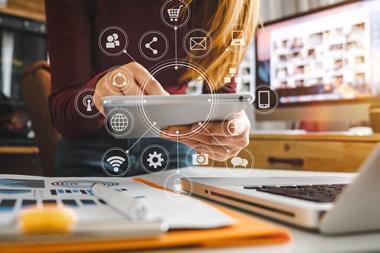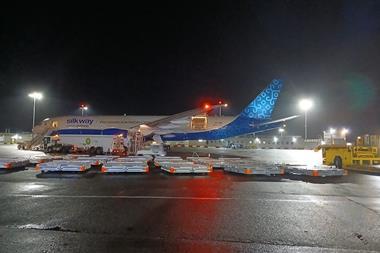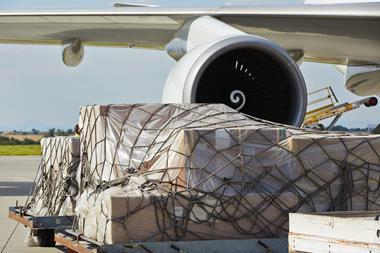Online shoppers are increasingly buying from international retailers, relying more on digital devices and seeking alternate delivery options, according to a study from UPS.
The UPS Pulse of the Online Shopper Study found that global competition for customers is increasing, with a significant number of online shoppers in Canada (83%), Brazil (81%) and Mexico (78%) making purchases from international retailers.
In the US, nearly half (47%) of shoppers made international purchases. Consumers shopped internationally primarily for better prices and access to specific or unique products.
The study, which covered the US, Asia, Europe, Canada, Mexico and Brazil, also found that a higher percentage of smartphone users made purchases via their devices.
In Asia, where mobile purchases are most common, the percentage of smartphone users who made a mobile purchase rose to 77% from 55% in 2015.
In Europe, where smartphone purchases are least common, the percentage still saw a significant rise to 43% from 28% during the same period.
The majority of global shoppers also use mobile devices to search for products, compare prices, locate stores and track deliveries.
Meanwhile, shoppers expect quick fulfillment of online orders and speedy delivery across all regions, but expectations for what counts as quick delivery differ.
Consumers in Asia, Mexico and Brazil expect to be able to place orders later in the day and still be eligible for same-day and next-day delivery.
The fact that shoppers are increasingly turning to cross border e-commerce should be good news for the air cargo industry as this transport mode is the fastest way to get products to the consumer.
However, the air cargo industry is struggling to keep up with the rapid growth of e-commerce in general.
The Independent Pilots Association (IPA) said UPS had turned to wet leased aircraft because UPS management had been "caught flat-footed by surging e-commerce volume".
The use of outside suppliers has angered the IPA as it claims the express giant has breached its labour agreement.
In response, the union has referred the dispute to an industry arbitrator and is also conducting a survey of UPS customers to find out whether they are being affected by any capacity shortages.
IPA President Robert Travis said: "While UPS acknowledges the immediate need for more airplanes, they have so far been unable to make it happen leaving the airline capacity-hobbled.”
Travis added that previously announced aircraft orders, while a step in the right direction, do not address pressing short or medium-term UPS needs.
“How is the UPS airplane shortage impacting UPS customers? That is the key question our survey will seek to answer,” Travis said.
Read more e-commerce logistics news










